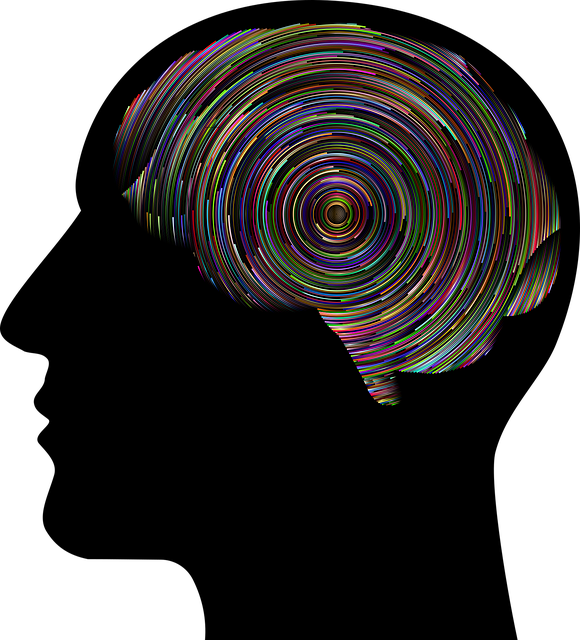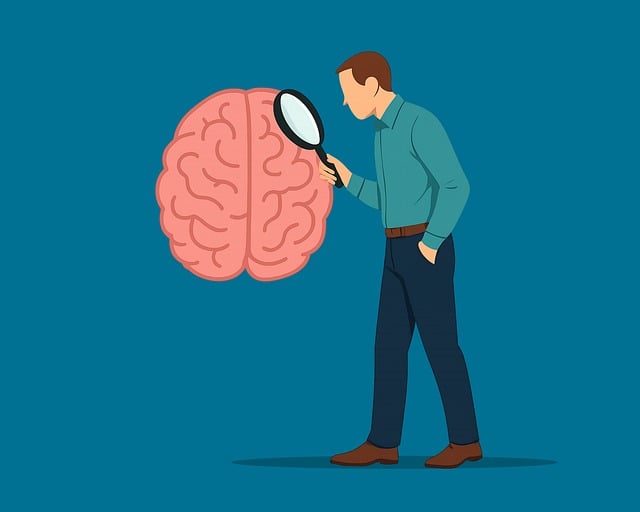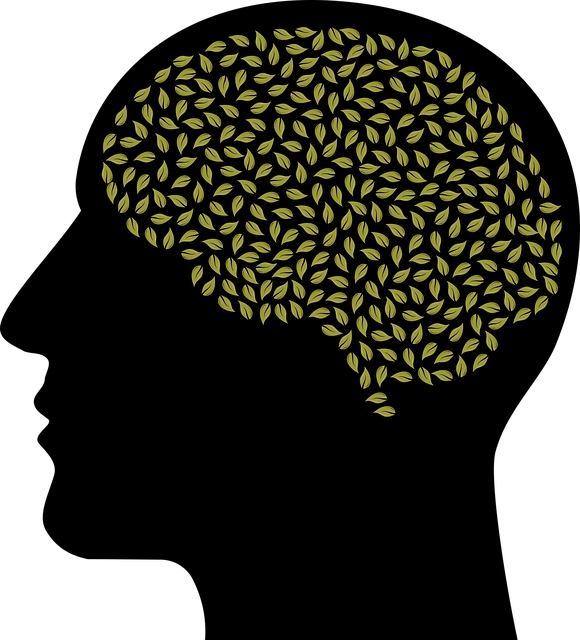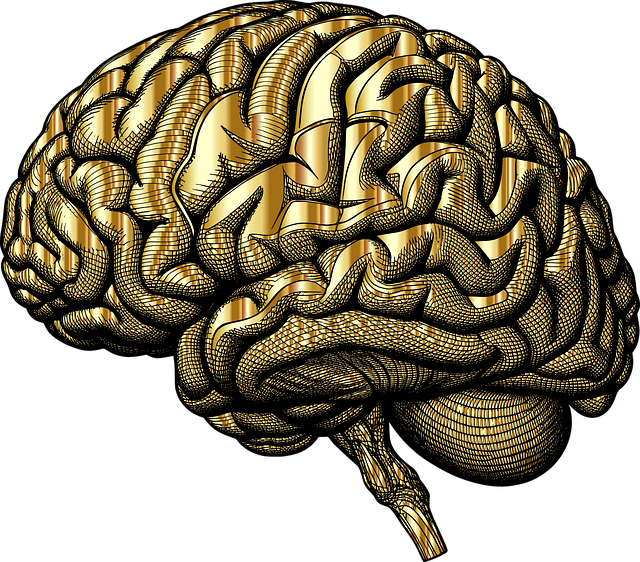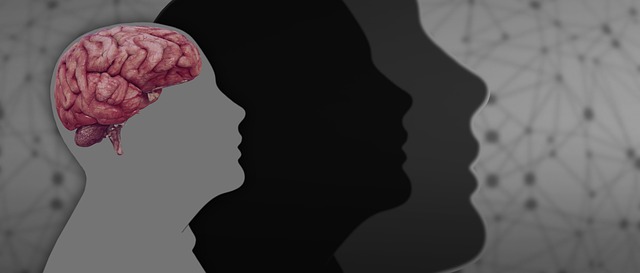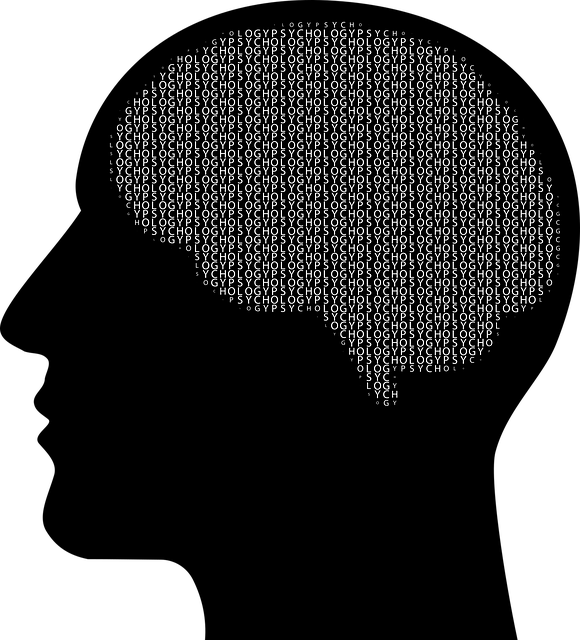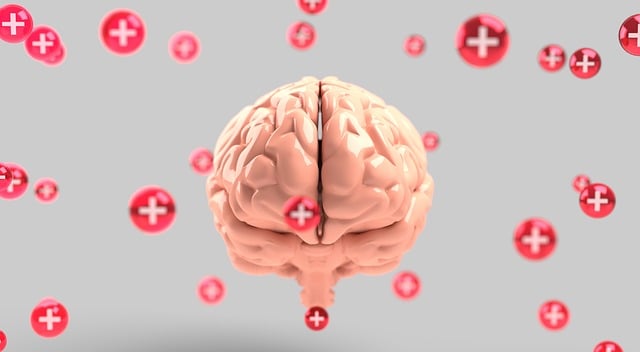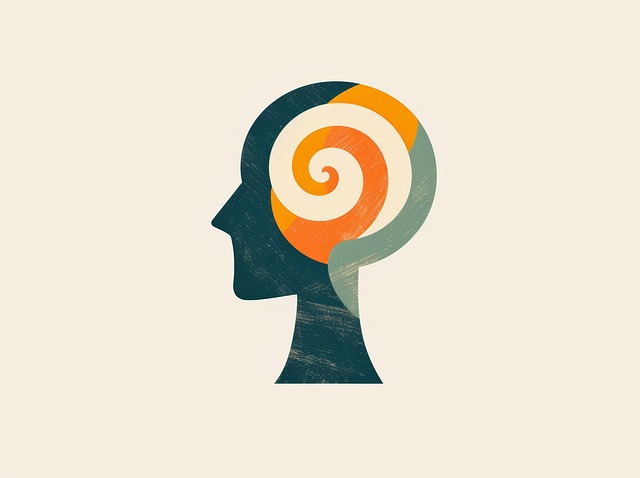Dissociative Disorder in young adults is a complex mental health issue often arising from trauma, characterized by identity disruptions, memory problems, and altered reality perceptions. Effective treatment involves tailored therapy based on Mind Over Matter principles, incorporating stress reduction and mindfulness techniques to improve self-awareness, coping mechanisms, and overall mental wellness. Key therapeutic approaches include cognitive behavioral therapy (CBT) and eye movement desensitization and reprocessing (EMDR). Beyond therapy, social skills training, trauma support services, and mindfulness practices empower young adults with tools for proactive mental health management. Specialized programs focus on emotional regulation, resilience-building, and tailored coping strategies to address the unique needs of young adults dealing with Dissociative Disorder Not Otherwise Specified (DDNOS), fostering long-term healing and recovery.
Mental wellness promotion among young adults is a pressing issue, with dissociative disorders emerging as a significant concern. This comprehensive article delves into understanding dissociative disorder in this demographic and explores effective therapy approaches tailored to their unique needs. We discuss specific techniques to address dissociation, emphasizing holistic mental health support beyond therapy. Furthermore, we provide insights into fostering resilience and guiding young adults towards recovery, focusing on practical strategies for a comprehensive wellness journey. For those seeking guidance on therapy for young adults with dissociative disorder, this article offers valuable insights.
- Understanding Dissociative Disorder in Young Adults
- The Role of Therapy in Treating Dissociative Symptoms
- Specific Techniques for Addressing Dissociation
- Fostering Mental Wellness Beyond Therapy
- Supporting Young Adults on Their Journey to Recovery
Understanding Dissociative Disorder in Young Adults

Dissociative Disorder in young adults is a complex mental health condition that often goes undiagnosed due to its elusive nature. It involves a disruption of an individual’s sense of identity, memory, and perception of reality, leading to feelings of detachment from oneself or one’s surroundings. This disorder can manifest as a coping mechanism in response to severe trauma, causing individuals to disconnect from their emotions and memories as a survival strategy. Many young adults who experience dissociation may feel like they’re living in a fog, struggling with a sense of self and a distorted view of the world around them.
Recognizing the symptoms is crucial for effective therapy. Treatment options for young adults with Dissociative Disorder include various therapeutic approaches tailored to address the underlying causes. Therapists often employ techniques based on Mind Over Matter principles to help individuals regain control over their thoughts, emotions, and behaviors. Burnout prevention strategies for healthcare providers can also be adapted to support both patients and therapists in managing the challenges of treatment. By incorporating Stress Reduction Methods, young adults with Dissociative Disorder can learn to regulate their responses to triggers, improve self-awareness, and develop healthier coping mechanisms, paving the way towards better mental wellness.
The Role of Therapy in Treating Dissociative Symptoms

Therapy plays a pivotal role in addressing and treating dissociative symptoms, especially among young adults grappling with dissociative disorders. This form of professional support offers a safe space for individuals to explore their fragmented experiences and emotions, helping them to integrate different aspects of their selves. Through targeted therapeutic techniques, such as cognitive behavioral therapy (CBT) and eye movement desensitization and reprocessing (EMDR), therapists assist clients in understanding and managing dissociative symptoms effectively. CBT equips young adults with coping strategies to challenge negative thought patterns and beliefs, while EMDR facilitates the processing of traumatic memories associated with dissociation.
By integrating evidence-based practices, therapy empowers individuals to develop a robust self-care routine for better mental health. This includes promoting anxiety relief techniques, encouraging healthy boundaries, and fostering self-compassion. Moreover, therapists guide clients in cultivating mindfulness skills, which help in staying present and grounded, thereby reducing the intensity of dissociative episodes. Ultimately, therapy equips young adults with the tools to navigate their internal landscape, fostering resilience and a deeper sense of well-being.
Specific Techniques for Addressing Dissociation

Dissociation, a common symptom among individuals with Dissociative Disorder Not Otherwise Specified (DDNOS), can be challenging to navigate. However, specific techniques within therapy for young adults with this condition offer valuable tools. One effective approach involves empathy building strategies. Therapists encourage clients to explore and express their emotions, fostering a deeper sense of self-awareness and connection. This process helps rewire neural pathways, reducing dissociative episodes.
Additionally, incorporating practices aimed at burnout prevention is crucial for managing dissociation. Techniques such as mindfulness meditation, grounding exercises, and stress management strategies empower individuals to regain control during moments of detachment. By integrating these coping mechanisms into daily life, young adults can enhance their mental wellness and develop healthier ways of navigating emotional challenges.
Fostering Mental Wellness Beyond Therapy

Fostering mental wellness is an expansive endeavor that goes far beyond traditional therapy sessions. For young adults dealing with dissociative disorders or other complex traumas, integrating social connections and self-care practices can significantly enhance recovery. Social skills training plays a pivotal role in this process, helping individuals navigate relationships and build a support network crucial for their well-being. By participating in group activities and learning effective communication techniques, they can improve their ability to connect with others, which is often challenging due to past experiences.
Trauma support services also form an integral part of fostering mental wellness. These services provide safe spaces where young adults can process their traumatic events at their own pace. Encouraging self-care practices such as mindfulness, meditation, and engaging in hobbies can further strengthen their resilience and promote a positive mindset. Together, these comprehensive strategies empower individuals to manage their mental health proactively, complementing traditional therapy for dissociative disorder and fostering a more balanced and fulfilling life.
Supporting Young Adults on Their Journey to Recovery

Supporting young adults on their journey to recovery is a critical aspect of mental wellness promotion. Many young individuals face unique challenges that can lead to conditions such as dissociative disorders, often requiring specialized therapy for young adults. Dissociative disorders manifest as a result of severe trauma and can significantly impact an individual’s ability to function in daily life. Mental wellness coaching programs designed specifically for this demographic play a vital role in their recovery process. These programs focus on emotional regulation techniques tailored to address the complex needs of young adults, fostering resilience and coping strategies.
Professionals in the field must also prioritize risk assessment as part of their practice. Effective therapy for young adults with dissociative disorders involves creating a safe space where they can begin to process their traumatic experiences. Mental wellness coaches and therapists alike should be equipped with the latest research and training in this area, enabling them to offer evidence-based practices that promote healing and long-term recovery. This holistic approach ensures that young adults receive comprehensive support tailored to their unique circumstances.
Mental wellness promotion is a multifaceted process, especially for young adults dealing with dissociative disorder. While therapy plays a pivotal role in treating dissociative symptoms through specialized techniques, fostering mental wellness extends beyond clinical settings. Supporting young adults throughout their recovery journey involves creating safe spaces, encouraging self-care practices, and providing holistic care that addresses their unique needs. By integrating these strategies, we can empower young adults to navigate their experiences and thrive in all aspects of life, emphasizing the importance of comprehensive mental health support tailored to their specific needs.

